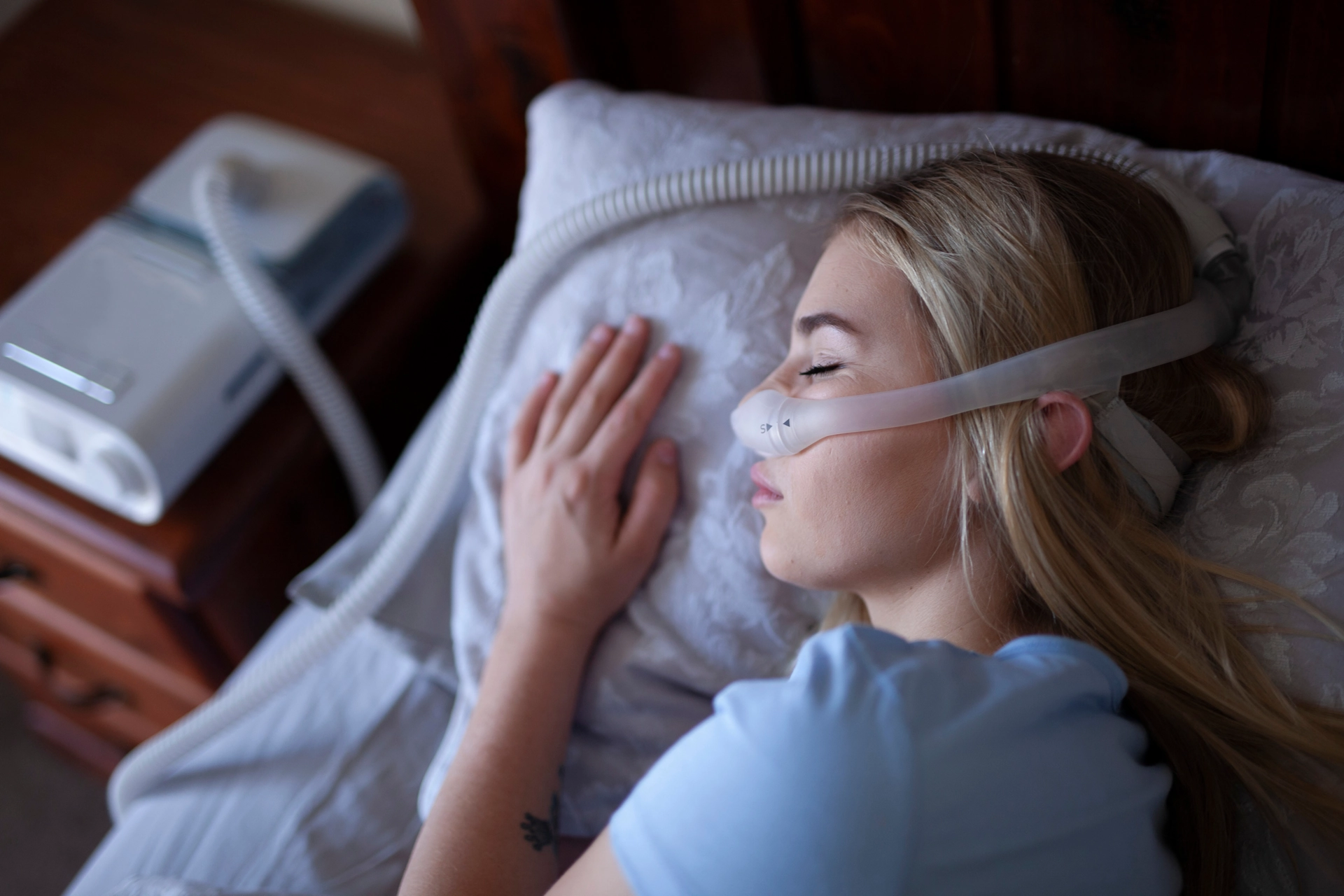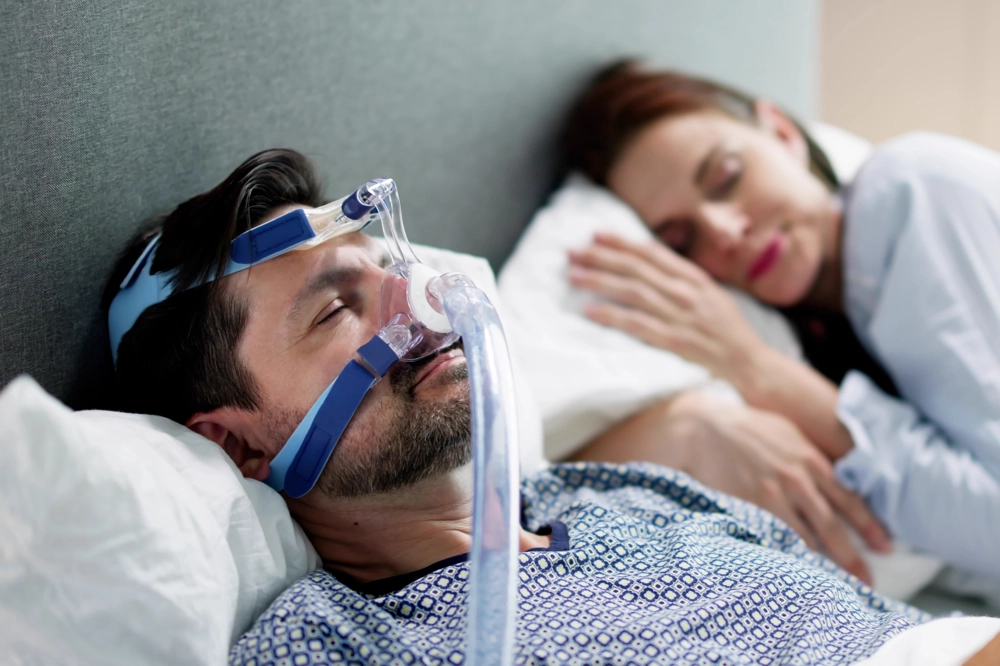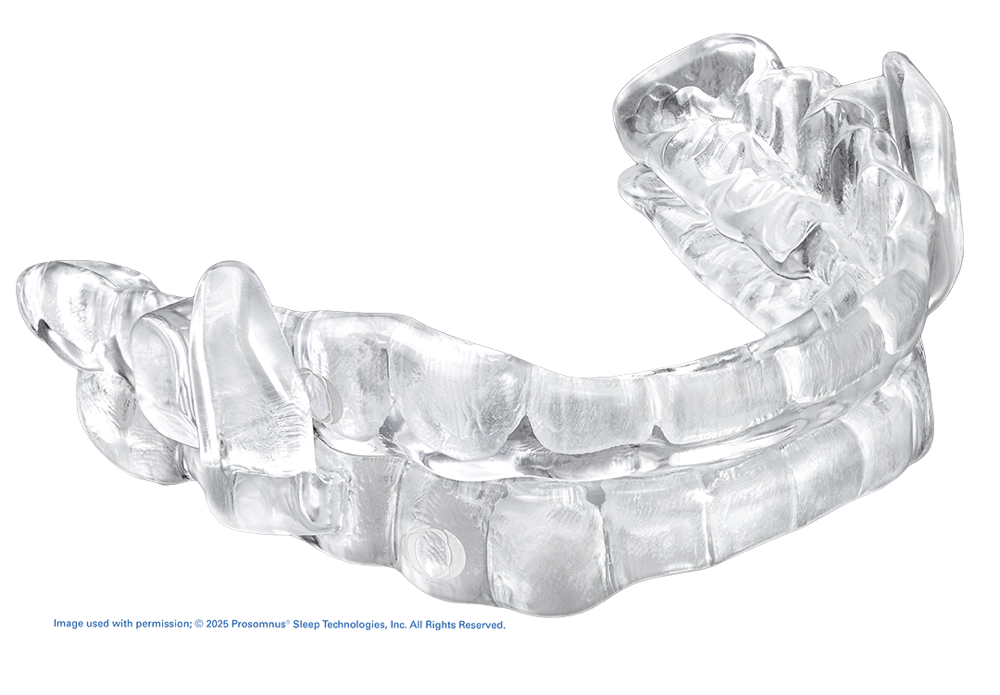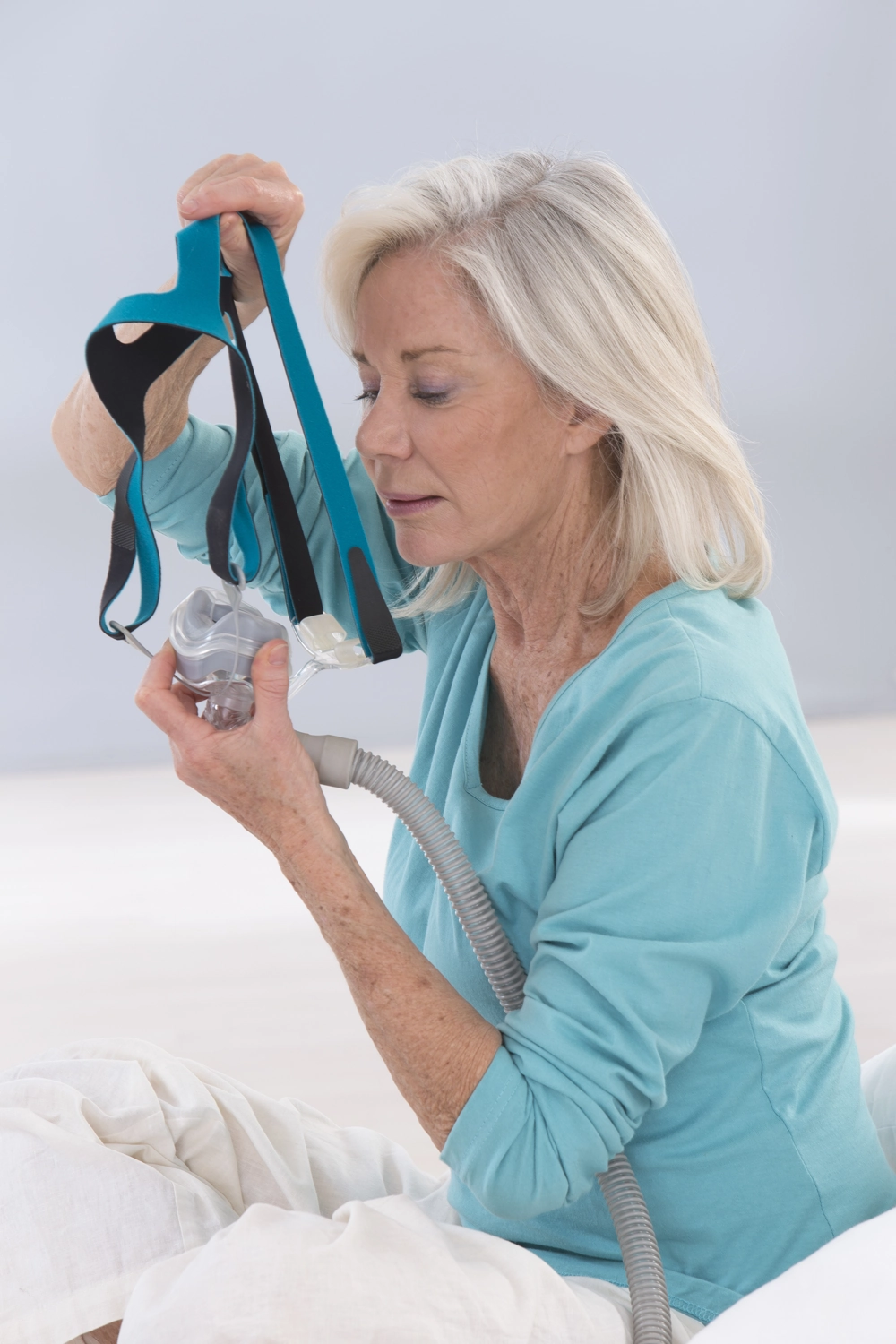Sleep Apnea Treatments in McKinney, TX
Exploring Alternatives to CPAP Therapy

McKinney Sleep Apnea Treatment
What CPAP Is & Why It Doesn’t Work for Everyone
CPAP (Continuous Positive Airway Pressure) is the standard treatment for sleep apnea, using a mask to deliver air pressure and keep your airway open while you sleep. While effective, many users struggle with discomfort, noise, and the restriction of wearing the mask. These issues can make it hard to stick with the treatment, leading to poor sleep quality or even health risks from untreated apnea. If CPAP isn't working for you, it’s important to explore other options that might fit your lifestyle better and improve your sleep.
SCHEDULE YOUR CONSULTATION
CPAP Alternatives
The Benefits of Oral Appliances for Better Sleep
Oral appliances are an excellent alternative to CPAP for mild to moderate sleep apnea. These custom devices gently move your lower jaw, clearing airway blockages and promoting steady, restful breathing.
Benefits Include:
- Custom fit for optimal comfort
- Adjustable, portable, and discreet
- Quiet, unobtrusive
- Cost-effective compared to CPAP
After your treatment begins, visit us for a follow-up to ensure the best fit and effectiveness of your appliance.

McKinney Sleep Apnea
Discover Other CPAP Options You Can Try
SCHEDULE YOUR CONSULTATIONIf CPAP isn’t right for you, there are several alternative treatments to consider aside from oral appliances. These options can provide relief from sleep apnea while fitting your lifestyle and comfort needs.
Options to Explore:
- BiPAP (Bilevel Positive Airway Pressure): A machine that provides different air pressures for inhaling and exhaling, offering a more comfortable alternative for some users.
- Adaptive Servo-Ventilation (ASV): A device that adjusts air pressure based on your breathing patterns, ideal for complex sleep apnea.
- Positional Therapy: Involves sleeping in certain positions to reduce apnea episodes, often used for those with positional sleep apnea.
- Surgery: Surgical options to remove obstructions or reposition structures in the airway for severe cases.
Consult with your doctor to determine the best option for your sleep apnea treatment.

McKinney Sleep Apnea
Effective Strategies to Reduce Symptoms
While surgery and oral appliances are common treatments for sleep apnea, other approaches can also help mitigate its effects. Modifying your lifestyle can significantly improve your sleep quality.
For individuals who are overweight or obese, losing weight through a healthy diet and regular exercise can reduce both snoring and sleep disruptions. Additionally, habits such as smoking, drinking alcohol excessively, and using medications improperly can worsen sleep apnea.
By making healthier choices and addressing these behaviors, you can experience better sleep and improve your overall well-being.